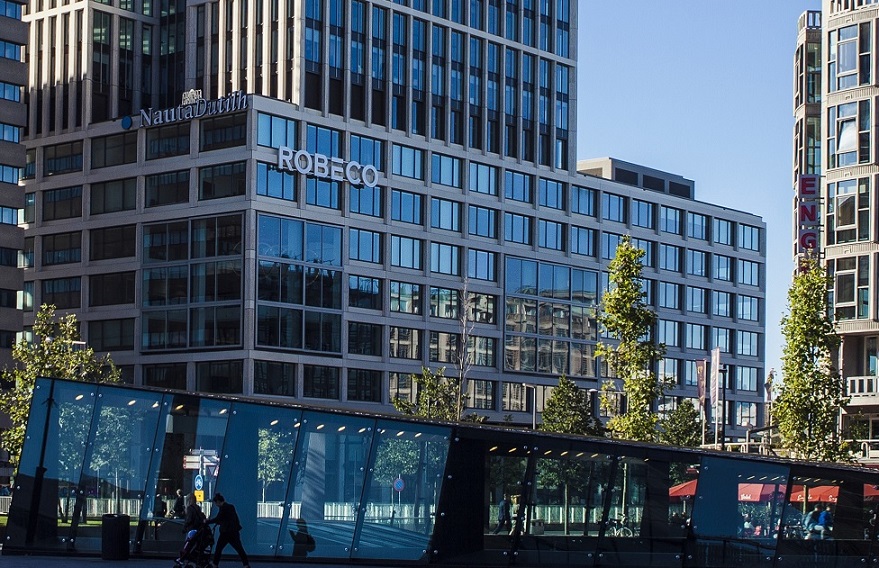Robeco Launches Sustainable Fashion Fund

International asset manager Robeco announced today the launch of its new Fashion Engagement Equities Strategy, aimed at enabling investors to meet the dual objectives of earning attractive investment returns while promoting sustainability-focused change in the fashion industry.
According to Robeco, the launch of the new strategy comes as the $2.5 trillion fashion industry is poised for significant growth, driven by factors including population growth, increasing disposable incomes and consumption trends, while the sector also faces a broad range of socialSocial criteria examine how it manages relationships with employees, suppliers, customers, and the communities where it operates. More and environmentalEnvironmental criteria consider how a company performs as a steward of nature. More sustainability challenges, including workers’ rights, pay levels below living wages, very low clothing recycling rates, and high greenhouse gas emissions.
The new fund aims to enable investors to capitalize on industry’s long-term growth opportunities, while also helping to drive the sector’s sustainability transition through engagement with all companies in the portfolio, according to the firm.
Dora Buckulčíková, Portfolio Manager at Robeco, said:
“Our conviction is that profit and positive change can go hand in hand. There is increasing demand for the fashion industry to transform. Companies with leading sustainability characteristics are likely to do better than laggards in the long run. It is our responsibility as long-term shareholders to encourage transparency and sustainable business practices at the individual company level. We believe this strategy positions investors to benefit from and contribute to the fashion industry’s sustainable transition.”
The new fund, classified as Article 8 under the SFDR regulation, will invest and engage with 30 to 40 publicly listed companies across the entire fashion value chain, ranging from businesses involved in the sourcing of raw materials, to those in production, consumption and end-of-life management, as well as vertically integrated brands in the affordable and luxury segments, in addition to sportswear, jewelry and cosmetics.
Megatrends to be considered in the strategy’s stock selection process will target companies exposed to casualization, premiumization, circularity and automation, and long-term company engagements will focus on sustainability challenges across key areas including decent work, natural resource stewardship, circular models, stakeholder management, and governanceGovernance deals with a company’s leadership, executive pay, audits, internal controls, and shareholder rights. More & policies.
Alyssa Cornuz, Deputy Portfolio Manager at Robeco, said:
“Fashion brands adopting sustainable practices can generate better long-term returns through unique positioning and emotional connection with consumers.”